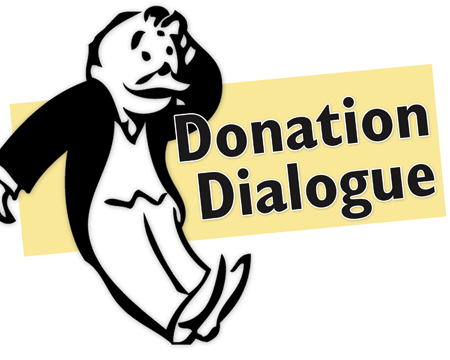G
Guns Guns Guns
Guest
Maybe the not-so-altruistic truth is that many people do give to charity because they get something in return.
Since 1917, our tax code has allowed individuals who donate to charitable and certain other nonprofit organizations to receive a tax deduction for their gifts.
The deduction, for those who itemize, can be a great incentive for donations. However, it comes with a cost to the federal bottom line.
As we look for ways to reduce the amount of debt our government is taking on, many things we've come to expect may be put on the chopping block.
The Center on Philanthropy at Indiana University found that reducing the tax deduction would have a relatively small negative effect on itemized charitable giving. The center estimated that if the deduction cut had been in effect in 2006, which is the latest year for which data are available, total itemized charitable giving by households would have dropped 2.1 percent. Total itemized giving by the high-income households would have declined 4.8 percent, or a drop of $3.87 billion.
The Center on Budget and Policy Priorities came to a similar conclusion but went further by pointing out that a large portion of charitable giving derives from foundations, estates, and corporations and from individuals who do not itemize their contributions on their tax returns.

http://www.washingtonpost.com/wp-dyn/content/article/2010/11/19/AR2010111906507.html
Since 1917, our tax code has allowed individuals who donate to charitable and certain other nonprofit organizations to receive a tax deduction for their gifts.
The deduction, for those who itemize, can be a great incentive for donations. However, it comes with a cost to the federal bottom line.
As we look for ways to reduce the amount of debt our government is taking on, many things we've come to expect may be put on the chopping block.
The Center on Philanthropy at Indiana University found that reducing the tax deduction would have a relatively small negative effect on itemized charitable giving. The center estimated that if the deduction cut had been in effect in 2006, which is the latest year for which data are available, total itemized charitable giving by households would have dropped 2.1 percent. Total itemized giving by the high-income households would have declined 4.8 percent, or a drop of $3.87 billion.
The Center on Budget and Policy Priorities came to a similar conclusion but went further by pointing out that a large portion of charitable giving derives from foundations, estates, and corporations and from individuals who do not itemize their contributions on their tax returns.

http://www.washingtonpost.com/wp-dyn/content/article/2010/11/19/AR2010111906507.html
